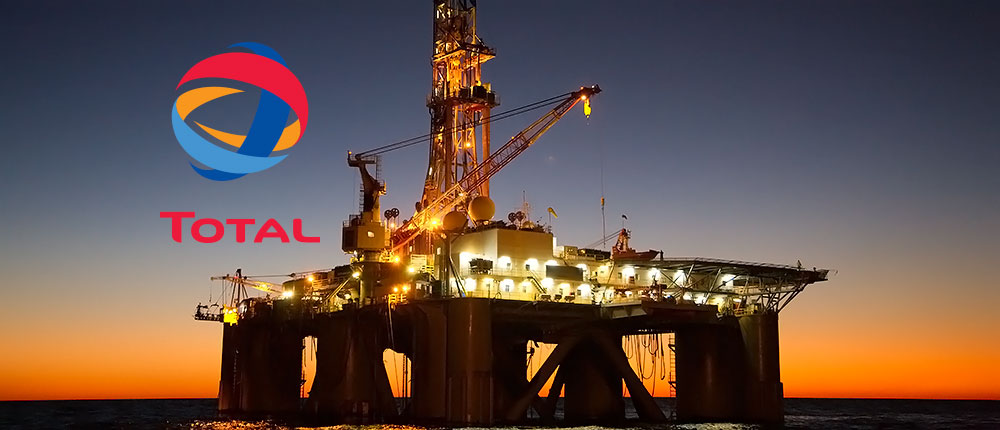- Total Confident Earnings Can Withstand Volatile in Oil Prices
French oil major Total said Thursday it planned to increase its dividend to shareholders as it expressed confidence earnings could withstand the current volatility in oil prices.
Total said in a statement that its headline net profit soared 22 percent to $6.2 billion (5.8 billion euros) in 2016.
However, the adjusted net profit, which is tracked by analysts because it excludes one-off items, fell by 21 percent to $8.3 billion.
And revenues were down nine percent at $149.7 billion.
Oil prices “were highly volatile in 2016, fluctuating between $27 per barrel and $58 per barrel,” said chief executive Patrick Pouyanne.
The average price of oil declined by 17 percent and the average price of gas by 25 percent, he noted.
“In this difficult environment, the group demonstrated its resilience by generating adjusted net income of $8.3 billion,” Pouyanne said.
“In this context, the board of directors proposes to increase the dividend, despite the volatility of hydrocarbon prices, to 2.45 euros per share. This demonstrates the board’s confidence in the strength of the group’s results and balance sheet as well as its prospects for cash flow growth.”
In the fourth quarter of 2016 alone, Total said its revenues grew by 12 percent to $42.3 billion and adjusted net profit was up 16 percent at $2.4 billion.
The unadjusted, or headline, earnings figure swung back to a profit from a year-earlier loss, driven by a rebound in oil prices to $50-$55 following a deal reached by oil producers in December to slash output by almost two million barrels per day.
The oil market still had not stabilised, said CEO Pouyanne, pointing out that the price of oil was still only half of what it had been in mid-2014. And he predicted “some volatility” in 2017.
Nevertheless, the CEO insisted he was “optimistic. We’ve shown that we’re capable of adapting.”
Among the other oil majors, only US-based Chevron has increased its payout to shareholders, while Shell, BP and Exxonmobil have all decided to leave their dividends unchanged.
After investing $18.3 billion in 2016, Total plans to lower investments to $16-17 billion this year and cut costs by $3.5 billion, Pouyanne continued.
At around 1000 GMT, Total shares were outperforming the overall market on the Paris stock exchange, adding 0.7 percent while the blue-chip CAC 40 index was up 0.4 percent.
Analysts at RBC Capital Markets welcomed the group’s “solid results” while a Paris-based analyst predicted that Total “will outperform its rivals in the short to medium term.”

 Naira4 weeks ago
Naira4 weeks ago
 Naira4 weeks ago
Naira4 weeks ago
 Travel4 weeks ago
Travel4 weeks ago
 Jobs4 weeks ago
Jobs4 weeks ago
 Naira4 weeks ago
Naira4 weeks ago
 Naira3 weeks ago
Naira3 weeks ago
 Investment4 weeks ago
Investment4 weeks ago
 Travel4 weeks ago
Travel4 weeks ago




























